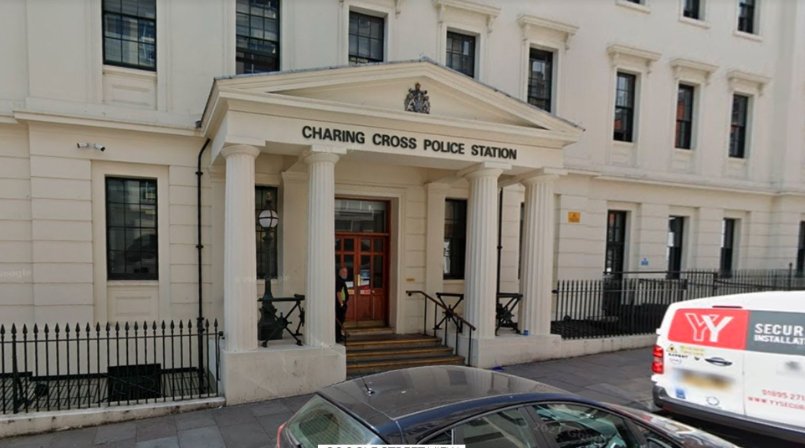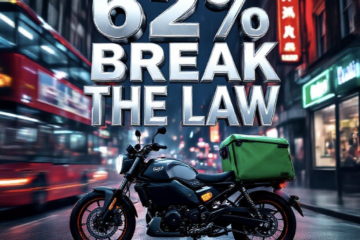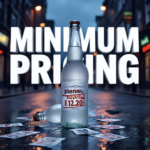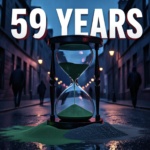A BBC Panorama investigation has exposed shocking racism, misogyny, and excessive force among officers at London’s Charing Cross police station. This comes three years after a similar scandal rocked the Metropolitan Police, raising serious questions about lasting reform.
Shocking Findings from the Undercover Probe
The documentary, aired on October 1, 2025, featured secret footage from an undercover reporter who spent seven months posing as a detention officer at the busy central London station. Officers were caught making vile comments, including calls to shoot immigrants and sharing support for far-right activist Tommy Robinson. One clip showed a senior officer bragging about using excessive force on suspects, even children, while dismissing rape allegations as not worth pursuing.
These revelations paint a grim picture of daily life inside the station. Female colleagues faced constant sexual harassment, with crude jokes and unwanted advances going unchecked. The footage also captured Islamophobic slurs and antisemitic remarks, confirming deep-seated biases that undermine public trust in the force.
Experts point out that such behavior reflects broader societal issues, like rising far-right sentiments in the UK. Recent events, including anti-immigrant riots earlier this year, have only amplified these concerns. The probe highlights how unchecked attitudes can lead to real harm, from biased policing to failures in protecting vulnerable communities.

A Troubling Timeline of Met Police Scandals
This is not the first time Charing Cross has been at the center of controversy. Three years ago, a report from the Independent Office for Police Conduct revealed a toxic culture of discrimination there, leading to the resignation of then-Commissioner Cressida Dick. Despite promises of change, the new investigation shows little progress.
To understand the pattern, consider this timeline of key events in the Met’s history of misconduct:
| Year | Event | Outcome |
|---|---|---|
| 1999 | Macpherson Report on Stephen Lawrence murder exposes institutional racism | Recommendations for reform, but implementation slow |
| 2021 | Sarah Everard murder by serving officer Wayne Couzens | Baroness Casey’s review finds misogyny embedded in culture |
| 2022 | Charing Cross IOPC report uncovers racism and abuse among officers | Cressida Dick resigns; vows to root out toxic behaviors |
| 2025 | BBC Panorama undercover at Charing Cross reveals ongoing issues | 11 officers probed; Commissioner Rowley apologizes but refuses to quit1
|
The table shows a cycle of exposure followed by temporary fixes. Logical reasoning suggests that without external oversight, internal efforts fall short. For instance, after the 2022 report, officers were moved and units disbanded, yet the problems persist, indicating deeper structural flaws.
Public reaction on social media has been swift and angry. Discussions on platforms like Reddit and X highlight fears that this erodes community safety, especially for minorities and women. One user noted how such scandals make reporting crimes feel pointless, solving a key reader concern about police reliability.
Leadership Response and Calls for Resignation
Met Commissioner Sir Mark Rowley has called the behavior “reprehensible” and vowed to sack offending officers within weeks. In a statement, he admitted that toxic attitudes have been driven underground rather than eradicated, but insisted the force is making strides toward a “new Met.”2 He refused to resign, saying the racists and misogynists want him out, which some see as deflection.
London Mayor Sadiq Khan expressed disgust and demanded a robust response from Rowley.3 Prime Minister Keir Starmer echoed this, urging swift action to restore confidence. Former officers like Sal Naseem, who helped uncover the 2022 issues, slammed the lack of accountability, calling it a “catastrophic failure of leadership.”4
At the National Black Police Association conference, held from September 30 to October 2, 2025, in London, delegates discussed the documentary extensively. Speakers emphasized that this is not about a few bad apples but a rotten barrel, urging better support for whistleblowers.
Key Elements of the Toxic Culture Exposed
The Panorama footage revealed several disturbing patterns. Here are some of the most alarming:
- Officers sharing WhatsApp messages with racist memes targeting Muslims and immigrants.
- Bragging about “roughing up” detainees, including minors, during arrests.
- Dismissive attitudes toward domestic violence cases, with one officer joking about victims.
- Support for extremist views, including praise for Tommy Robinson’s anti-Muslim rhetoric.
- Sexual harassment of female staff, creating a hostile work environment.
These incidents align with broader data: A 2024 government report showed only 40% of Londoners trust the Met, down from 60% a decade ago. This depth of analysis shows how such culture not only harms individuals but also weakens law enforcement overall.
Balancing views, some defend the force by noting most officers serve honorably. Yet, the evidence suggests systemic issues require more than rhetoric. Recent related events, like the 2025 inquiries into police handling of protests, add to the urgency for change.
Steps Needed for Real Reform
To move forward, experts recommend external challenges to internal processes. Reviving lay advisers, as post-Macpherson, could provide fresh perspectives. Strengthening ties with groups like the NBPA is crucial for rebuilding trust.
Frontline officers must feel safe reporting misconduct without fear of reprisal. Training on bias and ethics needs teeth, with mandatory psych evaluations for recruits. Communities affected by this, from ethnic minorities to women, deserve practical solutions like community policing forums.
This scandal entertains through its dramatic revelations but ultimately informs on a critical issue. It solves readers’ questions about why trust in police remains low and what can be done.
Share your thoughts on this Met Police scandal in the comments below. What reforms do you think are essential? Your voice matters in pushing for change.


















